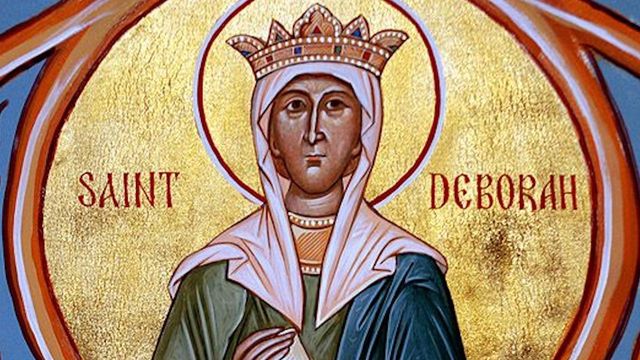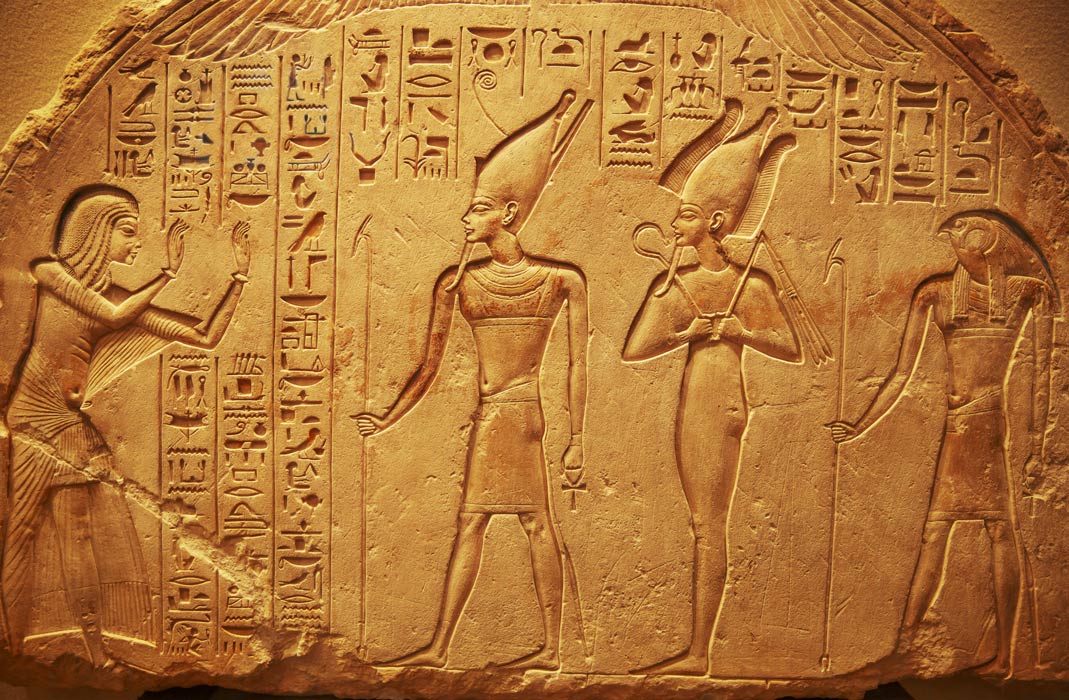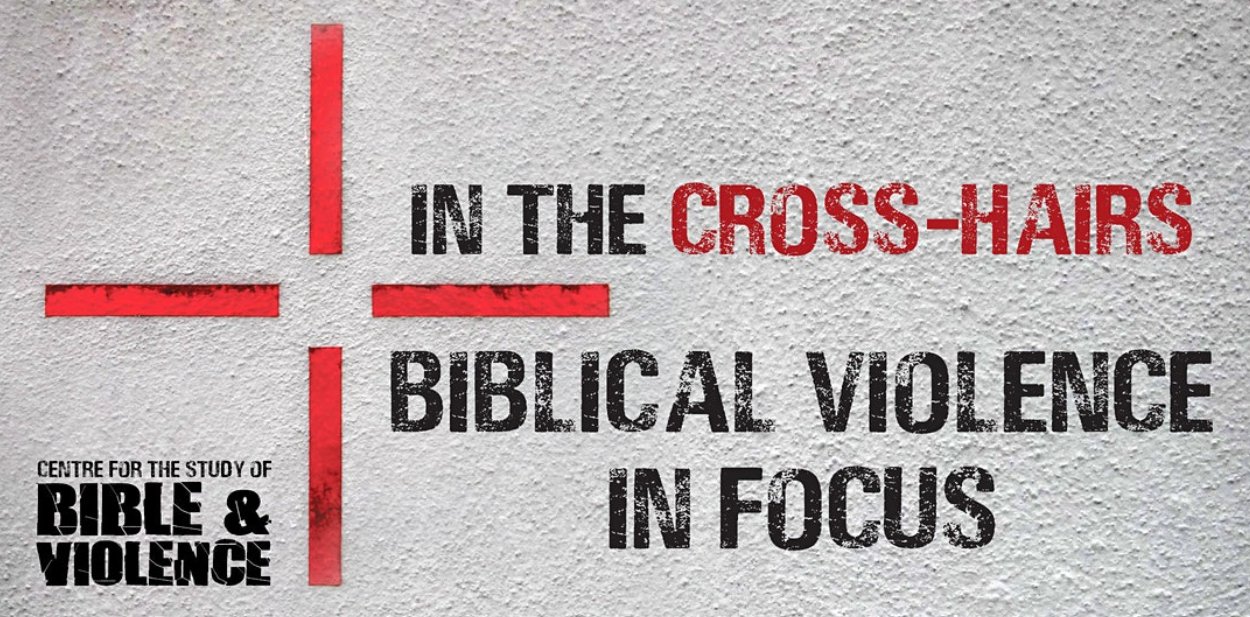Zoom, Zoom, Zoom—Tenth Day of a 10-day online academic conference
Two years ago, at SBLAAR18 in Denver, CO, I gave a presentation on the final morning of the conference. It is not a popular time slot and is usually filled with visitors on their way to the airport, luggage in hand. The virtual conference last day is a whole different experience. Safely at home, seated at my desk in the comfort of my home, I scroll through sessions and decide which papers I wish to hear now and land on a section presenting Bible and Ugaritic myth. The fact that some sessions are recorded for later viewing features in my final decisions. Recorded sessions can wait, for now.
At SBLAAR20, the final day’s early morning session features two colleagues, whose work I am excited to hear. Unfortunately, in the Zoom Webinar format, my show of support is not seen. There are ways to make the webinar format a bit more interactive, you can read about my experience in my blog, Tech in a Virtual Conference. Since it is not possible to view attendees, it is helpful when the Q & A is open to view. I don’t know why this is not a default setting in a conference that is closed to the general public.
I listened to three papers on intertextuality between the Hebrew Bible and New Testament Gospels. This is not an area I usually work in, but a few ideas caught my attention. I especially appreciated a paper given on the Passion in the Gospel of John (Jn. 19-21) as a reversal of Genesis 1-3. This caused me to think about the concept of redemption in Christianity. So much of the New Testament explores how Jesus, the Christ, has redeemed humanity, yet modern Christianity seems to act as if the world is getting worse and worse in anticipation of the next ‘coming’. There is a mixed message. If Christ’s redemption is complete, then it seems that humanity should be looking to a better, redeemed future, at least for Christians.
The Ugaritic Studies Session was a highlight, since my research intersects with Ugaritic poetry and ethical themes in Ugaritic epics. The first paper looked at the identity and background to Ugaritic and Mesopotamian references to cows as a love interest of deities. There was an interesting connection between cows, fertility, and the moon in these mythic texts, which brought me to discover a recent scientific discovery. The University of Tokyo published an article in 2016 on connections between the lunar cycle and dairy cows giving birth. This brings me back to my interests of engaging ancient literature interpretation with conversations being had in the modern sciences. Is it possible that ancient agriculturists noticed an uptick in calf delivery during a full moon? Did this encourage poets to make a scientific connection before its time?
The other two papers were closer to my direct area of study. Two presenters offered interpretations of the interaction between the Ugaritic Goddess ʾAnat and the Ugaritic Hero Aqhat in the Epic of Aqhat. The discussion across the two papers was similar, trying to parse out gender roles between the hunter/warrior goddess and the Ugaritic son on what seems to be a rite of passage. This discussion raised some interesting questions about how the ancient Canaanites perceived gender roles and how they imagined themselves as gendered.
My conference ended with a session on Myth & Myth Theory, in which I listened to yet another paper on the Goddess ʾAnat. This paper explored comparative relationships between the Ugaritic literature and its Hebrew Bible counterparts. The specific analysis centered on the character of ʾAnat in comparison with Deborah and Jael (Jdg. 5). The idea of the Hebrew Bible containing memories or echoes of ancient Canaanite ideology is not new, but the relationship is one that scholars are still trying to work out.
For me, on Pacific Standard Time, the conference ends now. It has been a long, long ten days of conferencing. And, I have a short list of recorded sessions I will return to next week as my schedule allows. Hopefully, I will get around to some final thoughts on SBLAAR20 in another blog. Be on the lookout!
About this event
Society of Biblical Literature/American Academy of Religion (SBLAAR) is an Annual Academic Conference that extends Nationally, Internationally, and Regionally. This is the first year it is running online as a virtual conference. Usually, it is held in a large metropolitan city in the United States. Read about #SBLAAR presentations. Also, read about other academic conferences.

Dr. Erica Mongé-Greer, holding a PhD in Divinity from the University of Aberdeen, is a distinguished researcher and educator specializing in Biblical Ethics, Mythopoeia, and Resistance Theory. Her work focuses on justice in ancient religious texts, notably reinterpreting Psalm 82’s ethics in the Hebrew Bible, with her findings currently under peer review.
In addition to her academic research, Dr. Mongé-Greer is an experienced University instructor, having taught various biblical studies courses. Her teaching philosophy integrates theoretical discussions with practical insights, promoting an inclusive and dynamic learning environment.
Her ongoing projects include a book on religious themes in the series Battlestar Galactica and further research in biblical ethics, showcasing her dedication to interdisciplinary studies that blend religion with contemporary issues.





Thanks so much for your great questions and for joining us for the Myth/Myth Theory panel! Your summary of the conference shows me how many recordings I need to track down…I missed so much of this virtual conference on account of my work schedule. Funnily enough, I realized after the fact that one of the other papers on ‘Anat (via the Ugaritic panel) was given by my colleague Eric. He and I were in the same Ugaritic classes with Dr. Christopher Hays at Fuller…and it sounds like we wrote similar papers, given in different SBL sections! I’m looking forward to connecting to you more. Love your blog section!
This explains why both papers echoed some similar themes! I have also presented a paper on the Epic of Aqhat at a SBLAAR conference many years ago. My most recent work on the myth is in my dissertation, now under review for publication. Thanks for reading and commenting!